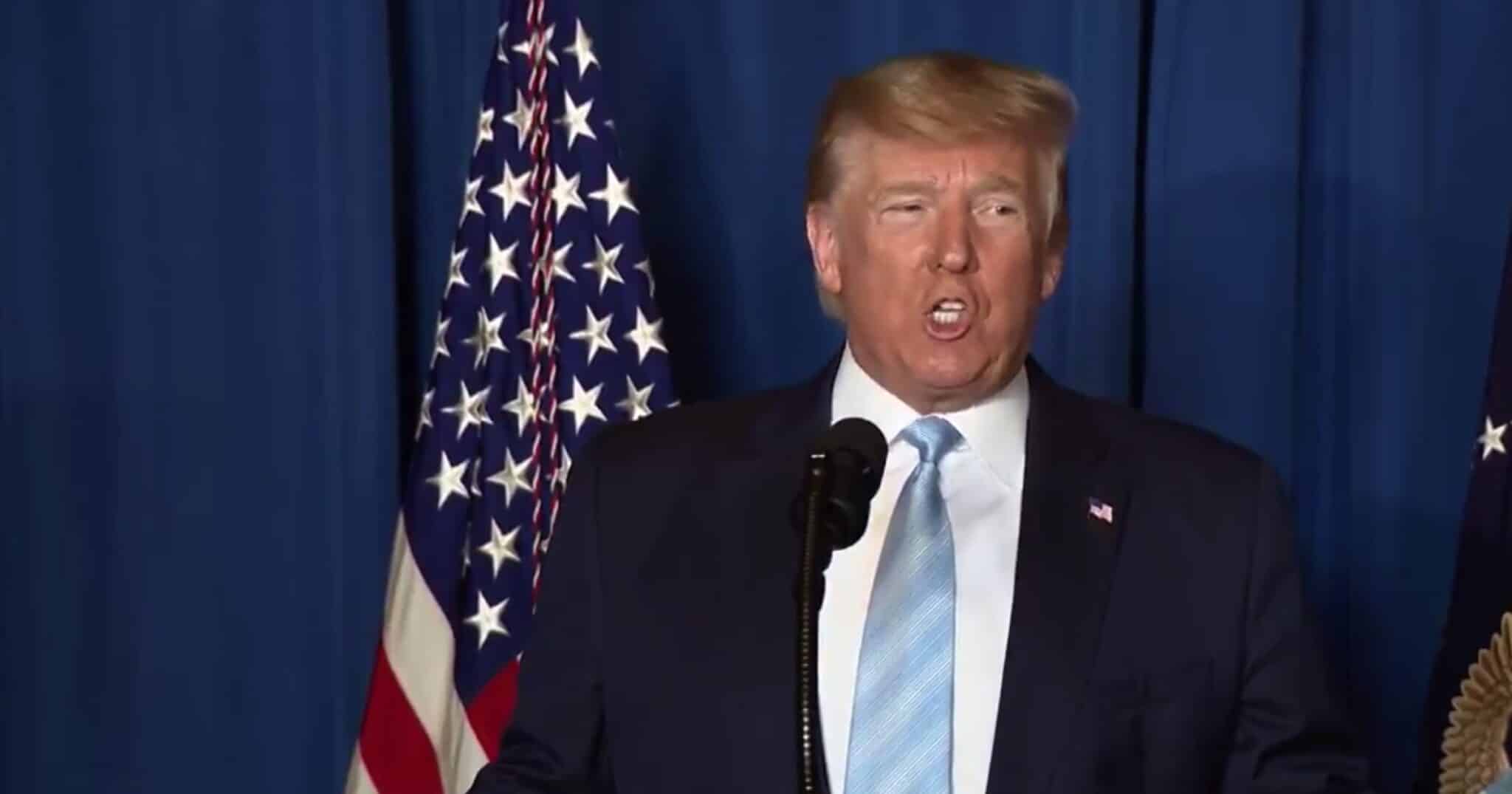








In a series of televised interviews this Sunday, Senator Bernie Sanders expressed strong critique against the Democratic Party for their neglect of working-class Americans according to The Daily Mail.
Addressing audiences on CNN's State of the Union and NBC’s Meet the Press, Sanders emphasized the failure of Democrats to address crucial economic issues, which he believes contributed significantly to Kamala Harris's electoral loss to Donald Trump.
Senator Bernie Sanders claims Democratic disregard for working-class issues led to electoral losses, sparking a defense from party leaders.
The Vermont Senator cited specific shortcomings, including inadequate focus on raising the minimum wage and taxing the ultra-wealthy. He also highlighted the party's failure to push forward universal health care and expand Social Security as central to the discontent felt by a broad section of the electorate.
These factors, according to Sanders, paved the way for working-class voters to seek alternatives, resulting in increased support for Donald Trump.
Following Sanders' criticism, former House Speaker Nancy Pelosi and other Democratic leaders quickly responded, defending the party's record.
Appearing on The Interview Podcast, Pelosi expressed her disagreement with Sanders, pointing to various achievements under President Biden's administration like the American Rescue Plan. Pelosi emphasized these efforts as indicative of the Democratic Party's commitment to working Americans.
Pelosi also touched upon other factors that might have affected the election outcome, including the timing of Joe Biden's withdrawal from the race, which she speculated could have influenced the dynamics of the presidential race.
Sanders argued that Trump’s appeal was grounded in addressing the economic pains of voters, offering what Sanders described as a "bogus" explanation involving misplaced blame on immigrants. This narrative, according to Sanders, was a diversion from the real issues caused by economic elites.
Meanwhile, exiting polls indicated shifts in voter demographics, including an increase in Trump's support among black voters in Wisconsin, hinting at a broader dissatisfaction with Democratic strategies.
Jaime Harrison, the former Chair of the Democratic National Committee, countered Sanders' assessment by emphasizing Biden’s pro-worker achievements, such as preserving Union pensions, creating jobs, and even supporting workers at picket lines.
In his statement released before Kamala Harris’s concession, Bernie Sanders reiterated his view that the Democrats had abandoned their traditional voter base, leading to an electoral backlash.
He specifically mentioned the ongoing struggle of many Americans working for less than $15 an hour and the Senate's inaction on this issue, stressing the direct impact of such policy failures on working-class resentment.
"Nancy is a friend of mine... But here is the reality: in the Senate in the last two years, we have not even brought forth legislation to raise the minimum wage to a living wage," explained Sanders during one of his interviews, underlining the disconnect between the party’s actions and the needs of the working class.
Despite criticism, Sanders and his allies remain focused on addressing the economic grievances that they believe have been sidelined by the Democratic establishment. Sanders' repeated call for more direct and meaningful policy interventions could shape the future discourse within the party, as they analyze the fallout from the recent elections.
This ongoing debate among leading Democrats highlights a crucial juncture for the party, as they reconsider their approach to policy-making and voter engagement in the wake of apparent shifts in the political landscape.


